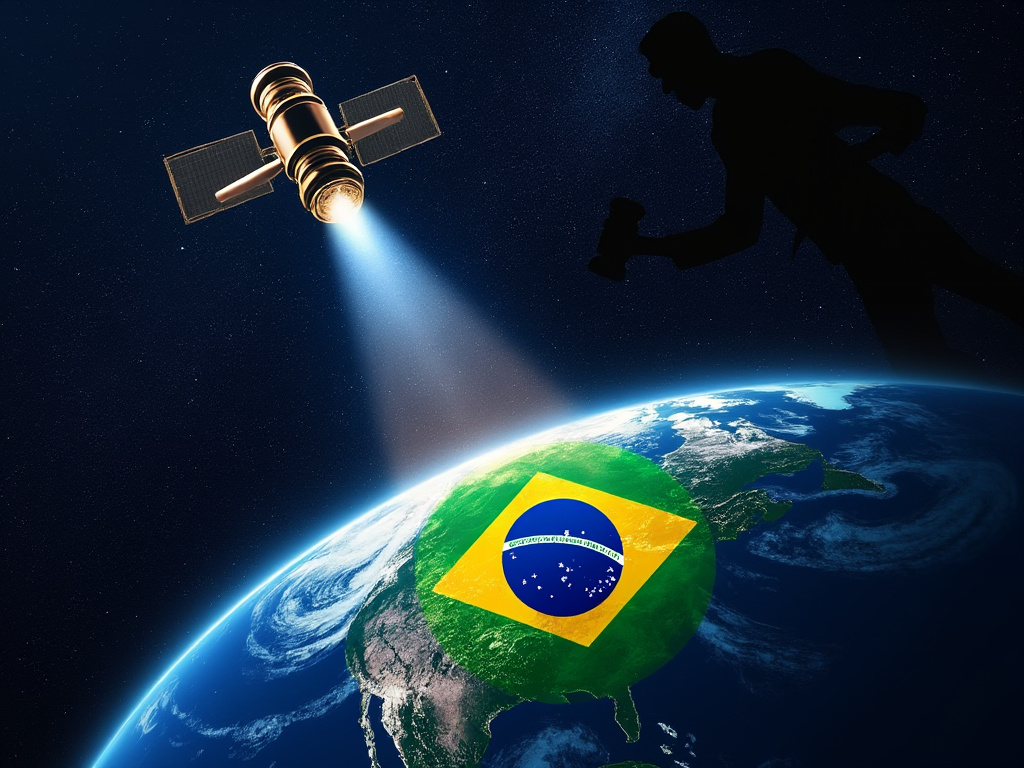
Elon Musk’s satellite internet service, Starlink, is at odds with the Brazilian government over a ban on the social media platform X (formerly Twitter). Starlink has refused to comply with the ban, which has resulted in the freezing of its local bank accounts and potential legal consequences.
The Background
The Brazilian Supreme Court ordered internet service providers to block access to X following Musk’s defiance of several court orders. This led to widespread unavailability of the platform in the country.
Starlink’s Defiance
Starlink, which has gained popularity in Brazil, particularly in rural areas and among Indigenous tribes, has refused to comply with the ban. The company has continued to provide internet access to its Brazilian customers despite the freezing of its bank accounts.
Legal Ramifications
Brazil’s telecom agency, Anatel, has threatened to revoke Starlink’s license if the company continues to defy the ban. Additionally, the government could seize Starlink’s ground stations, which are crucial for the quality of its satellite internet service.
The Supreme Court’s Decision
A majority of a Supreme Court panel has upheld the ban on X, rejecting Musk’s arguments. The court has also imposed a daily fine of 50,000 Brazilian Real (around $8,900) on individuals caught using VPNs to access X.
Implications for Starlink and Brazil
The ongoing legal battle between Starlink and the Brazilian government has significant implications for both parties. If Starlink is forced to comply with the ban, it could face substantial financial losses and damage its reputation. For Brazil, the ban raises concerns about internet censorship and the government’s control over digital platforms.
Conclusion
The standoff between Starlink and the Brazilian government highlights the complex interplay between technology, politics, and censorship. The outcome of this legal battle will have far-reaching implications for both the company and the country.


